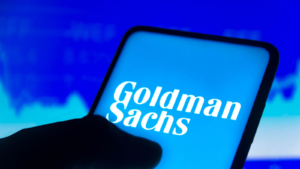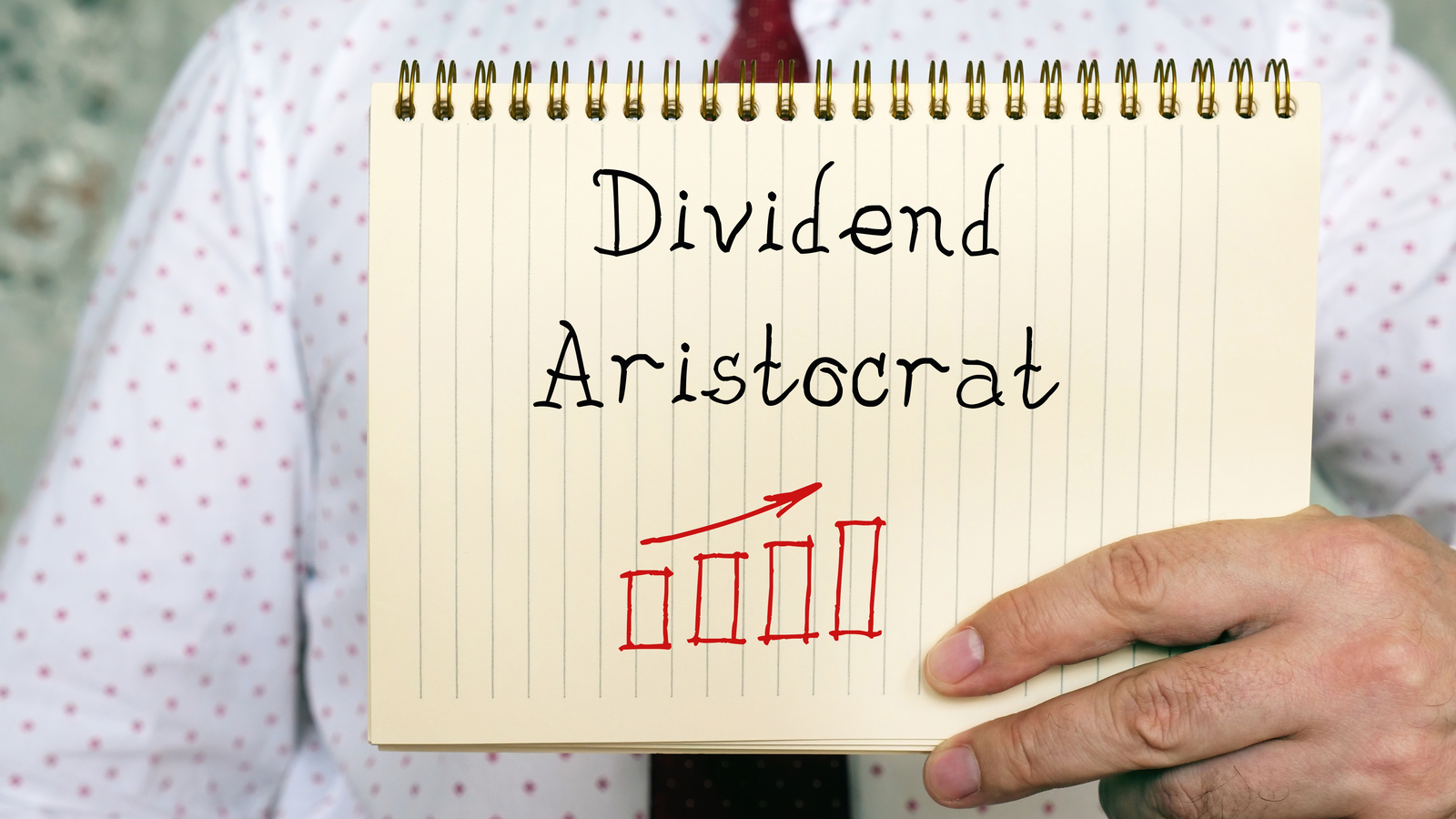Currently, there are only 68 companies that boast the esteemed title of Dividend Aristocrat. Among a couple of other, more trivial requirements, a company must be a member of the S&P 500 index and have raised its dividend payout for a minimum of 25 consecutive years. This is opening the door for some of the top dividend aristocrats
With a long track record of sustained growth in shareholder returns, often including more than one recession, these companies have proven their ability to endure market downturns and emerge even stronger on the other side.
However, in this article, we will look beyond the confines of these renowned Aristocrats and explore companies that, while not officially crowned, seem to have the potential for royal payouts.
The following three dividend stocks may not yet possess the long dividend growth history of dividend aristocrats, but they still feature promising qualities that could elevate them to this status in the future. My main criteria here were companies that have increased their dividend for at least 12 years and have a 10-year dividend compound dividend growth rate (CAGR) of at least 15%.
Tractor Supply (TSCO)

Tractor Supply (NASDAQ:TSCO) narrowly secured its place on my list. It has raised its dividend for the minimum requirement of 12 consecutive years. Yet, excluding Tractor Supply wasn’t an option, primarily due to its remarkable pace of dividend growth in recent years. Notably, the company boasts a five-year dividend CAGR of nearly 29%, showcasing its impressive trajectory.
Moving forward, Tractor Supply’s earnings growth prospects remain robust, suggesting that its dividend will continue to grow at quite attractive rates. The two major catalysts for that comprise maximizing sales in existing locations and opening new stores in untapped markets.
Concerning the latter, the company opened 17 new Tractor Supply stores and four new Petsense by Tractor Supply stores in the first quarter of 2024. Also, as part of its capital plans for the entire year, the company expects to open about 80 fresh Tractor Supply stores, establish its 10th distribution center, and open 10 to 15 new Petsense by Tractor Supply stores during FY2024.
With an exceptional track record of dividend growth and a well-defined strategy for future expansion, Tractor Supply appears poised to become a future Dividend Aristocrat.
The Goldman Sachs Group (GS)

The Goldman Sachs Group (NYSE:GS) is another suitable example of a dividend stock that meets my criteria. It has elevated its dividend for 12 consecutive years, emphasizing management’s commitment to growing shareholder returns. Importantly, its dividend growth trajectory has been nothing short of explosive over the past five years. During this time, its dividend has grown at a CAGR of about 28%.
This notable dividend growth can be traced to some great strategic moves that have driven strong financial results in recent years. To add some color, the company has successfully expanded its offerings and market reach through the acquisition of boutique investment firms like United Capital in 2019 and Folio Financial in 2020. These additions enhanced its wealth management division.
Moreover, the company has capitalized on the booming demand for technology-driven financial services by investing heavily in digital platforms. One such example is Marcus by Goldman Sachs, which has seen rapid customer growth and was named first for customer satisfaction in this year’s J.D. Power U.S. Direct Banking Satisfaction Study.
Visa (V)

Visa (NYSE:V) is a truly wonderful company. Along with Mastercard (NYSE:MA), the two companies have virtually duo-polized the payments processing network market. Most of us have at least a couple of cards from each network company in our physical and digital wallets.
Their unbelievable moat, combined with the natural tailwind of society going cashless, has allowed both companies to grow rapidly and enjoy massive profit margins. In turn, their dividend growth has also been quite impressive. In the case of Visa, consecutive dividend increases have taken place for 15 years in a row, with its CAGR over the past five standing at a notable 16%.
The gradual societal shift from physical cash to digital currency is likely to unfold over the course of years, potentially spanning decades. Further, Visa’s percentage-based fee model inherently enables it to benefit from inflation. Hence, Visa should easily sustain its current double-digit earnings and dividend growth trajectory. With such promising prospects, it’s also likely that Visa will become a Dividend Aristocrat about 10 years from now. If you are going to buy any of these dividend aristocrats, start here.
On the date of publication, Nikolaos Sismanis did not hold (either directly or indirectly) any positions in the securities mentioned in this article. The opinions expressed in this article are those of the writer, subject to the InvestorPlace.com Publishing Guidelines.
